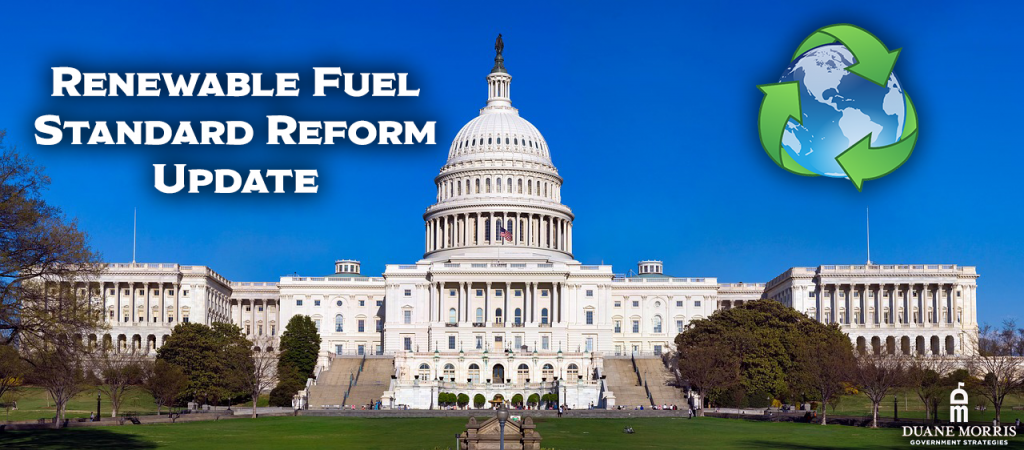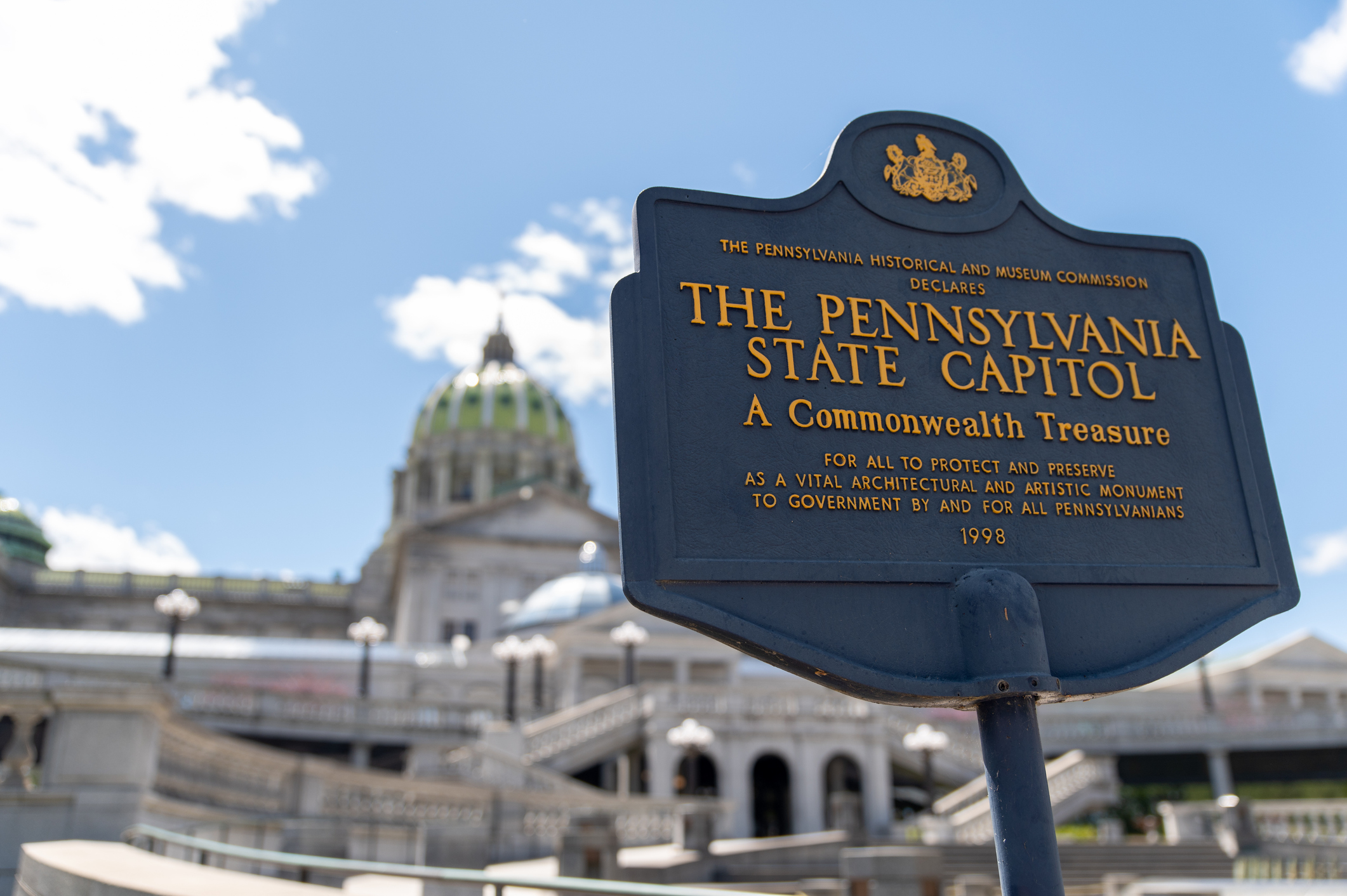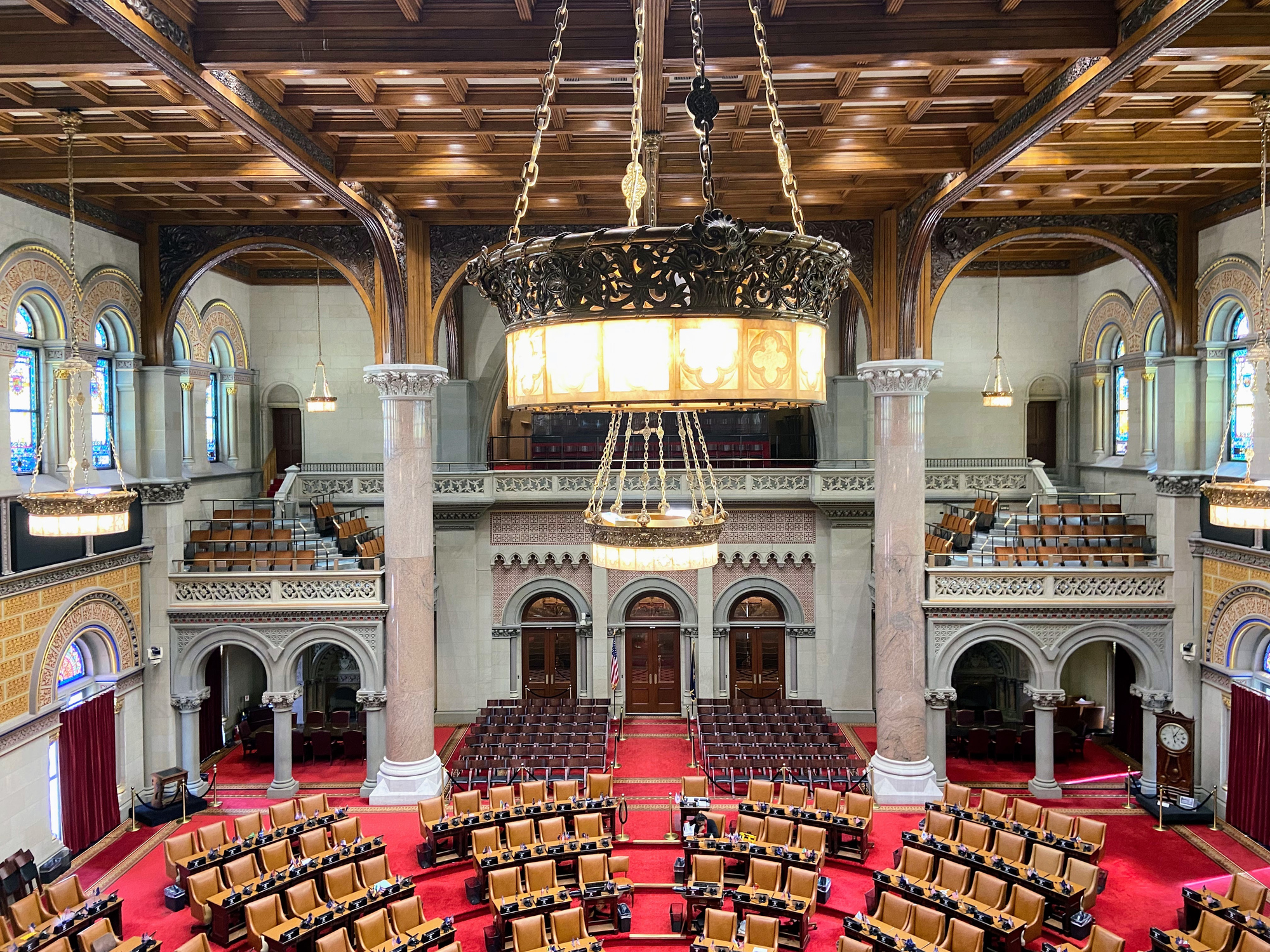
The Renewable Fuel Standard (RFS) is a program Congress created in 2005 intended to reduce greenhouse gas emissions and expand the renewable fuels sector while reducing the reliance on foreign oil. A particular aspect of the RFS program, Renewable Identification Numbers (RINs), has caused some to call for RFS reforms. RINs are essentially the currency of the RFS program, and refiners are mandated to purchase RINs to prove compliance.
The refiners’ costs to purchase credits started at pennies on the dollar but have soared at times to over $2 per credit. The cost of compliance has caused an unsustainable environment for refiners, which could threaten the supply chain for domestic fuel. The increase in the cost of RINs has also led to an increase of approximately 30 cents per gallon in the cost of making gasoline.
With the various complexities surrounding the RFS program, including the cost of RINs, there have been recent pushes from various elected officials and stakeholder groups to reform the program.
State Lawmakers Pass Resolutions Calling for RFS Reform
Lawmakers in the New Jersey State Assembly and State Senate passed Assembly Joint Resolution No. 238 unanimously in late June. The resolution urges the U.S. Environmental Protection Administration (EPA) to exercise its waiver authority under the Clean Air Act to reduce RFS volume mandates. AJR 238 also urges President Joe Biden and the EPA to establish “reasonable” 2021 and 2022 RFS volume mandates and maintain low, stable RINs prices while allowing for continued blending of renewable fuels.
Next door in Pennsylvania, the State Senate passed their own resolution – Senate Resolution 139 – in June. Like New Jersey’s AJR 238, Pennsylvania’s SR 139 calls for the EPA to exercise its authority to revise the RFS volume mandates to provide relief to refiners. SR 139 also calls President Biden and the EPA to set 2021 and 2022 volumes and reform and restructure the RFS program to maintain low and stable RINs prices while allowing for the blending of renewable fuels, consistent with the original intention of the RFS program.
Governors Call for Action on RFS Reform
Governors across the country have requested the EPA make reforms to the RFS program.
New Jersey Governor Phil Murphy wrote to EPA Administrator Michael Regan on June 1st, asking for flexibilities to be extended to merchant refiners through the renewable volume obligation under the RFS program.
Pennsylvania Governor Tom Wolf has written numerous times to the EPA between 2017 and 2021. A 2021 letter reiterated his support to reduce the nationwide RFS volume mandates. It noted that eight east coast refineries have now closed, leaving only one large refinery left in Pennsylvania.
Federal Representatives Weigh in on RFS Reform
In August, a group of United States Senators led by Pat Toomey also wrote to Administrator Regan, asking EPA to waive or significantly reduce the renewable volume obligation for the compliance year 2020 and to set the 2021 and 2022 volume obligations at levels that “comport with reality.” The letter from the Senators also mentioned the cyberattack on the Colonial Pipeline earlier this year. It highlighted the need for a stable, geographically diverse, and secure fuel supply.
Senator Bob Casey wrote his own letter to Administrator Regan in May of this year, noting his support for the RFS but expressing concerns over the volatile nature of RIN prices and how such costs are negatively impacting independent merchant refiners. Casey specifically asked the EPA, among other things, to convene a stakeholder meeting, including those from Northeast refineries and unions, to discuss policies that could help provide needed stability for the volatile RIN market.
In February, five Republicans in Pennsylvania’s Congressional Delegation sent their own letter to the EPA expressing their support for Governor Wolf’s 2020 petition with the EPA and support for petitions filed by governors in Louisiana, Oklahoma, Texas, Utah, and Wyoming. The Members of Congress who signed the letter asked the EPA to, at a minimum, address the cost of RINs and put in place cost containment measures.
Moving south, U.S. Senator Thomas Carper, Senator Chris Coons, Representative Lisa Blunt Rochester, and Governor John Carney similarly wrote to Administrator Regan in March asking for 2021 volume mandates to reflect the challenges brought on by the COVID-19 pandemic and also for the EPA to finalize volume requirements for 2022 in a timely manner.
Federal Legislation
Senator Toomey, joined by Senators Dianne Feinstein, Susan Collins, and Bob Menendez, introduced a separate bill ending the corn ethanol mandate in the RFS program. The bill would remove the volume requirements for corn ethanol while leaving the volume obligations for advanced and cellulosic biofuels and biodiesel in place.
Latest News
Photo credit: iStock.com/Hamburg Studios As Pennsylvania continues to navigate an evolving energy landscape, state leaders are proposing new approaches to ensure reliability, affordability, and sustainability. Governor Josh Shapiro recently announced his “Lightning Plan”, a six-part [...]
Photo credit: iStock.com/Ray Tan As the impacts of climate change intensify, several U.S. states are taking legislative steps to address the mounting costs of adaptation and resilience. New York, New Jersey, and Vermont have recently [...]
In this episode of The Back in Session Podcast, hosts Ryan Stevens and Ryan DeMara are joined by Brendan Williams from PBF Energy. They delve into the state of energy policy, the refining sector, and [...]
Photo credit: iStock.com/krblokhin Solar energy deployment has continued to increase, but the spread of new projects is not comprehensive. The National Renewable Energy estimates that 42% of households cannot access behind-the-meter solar. To address the [...]






Stay In Touch